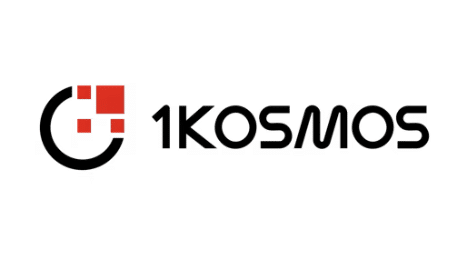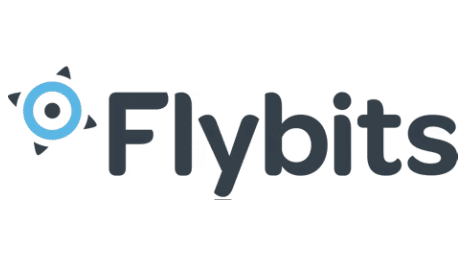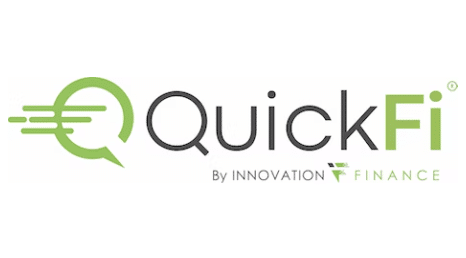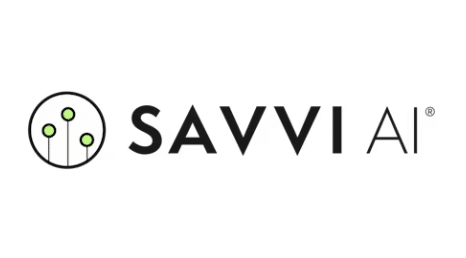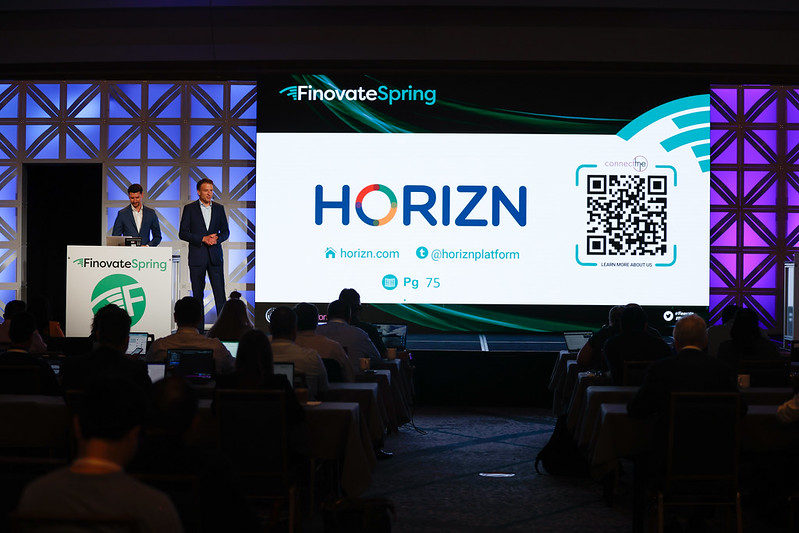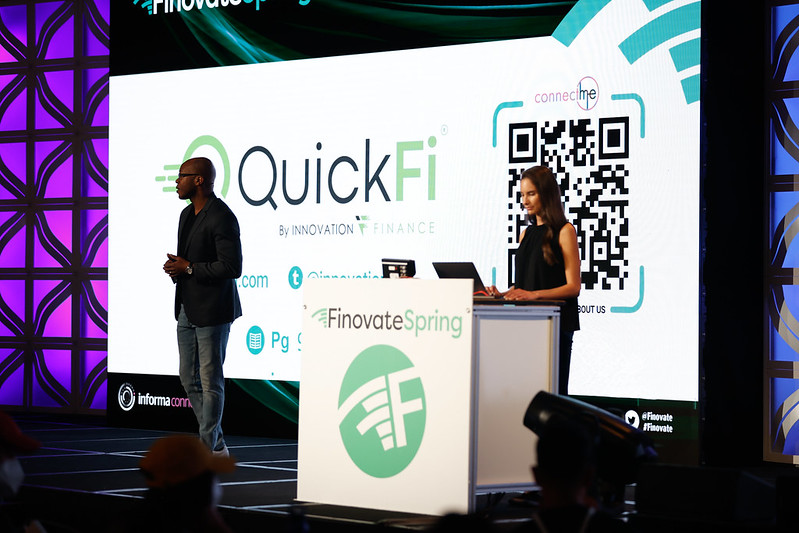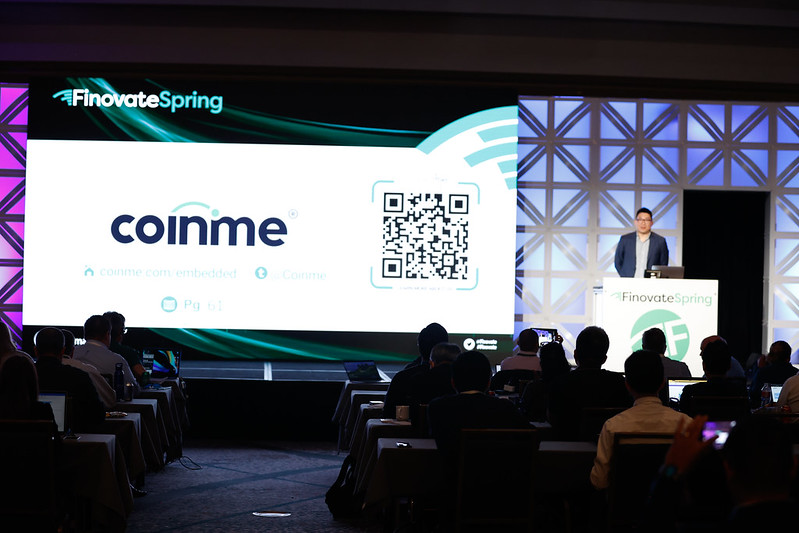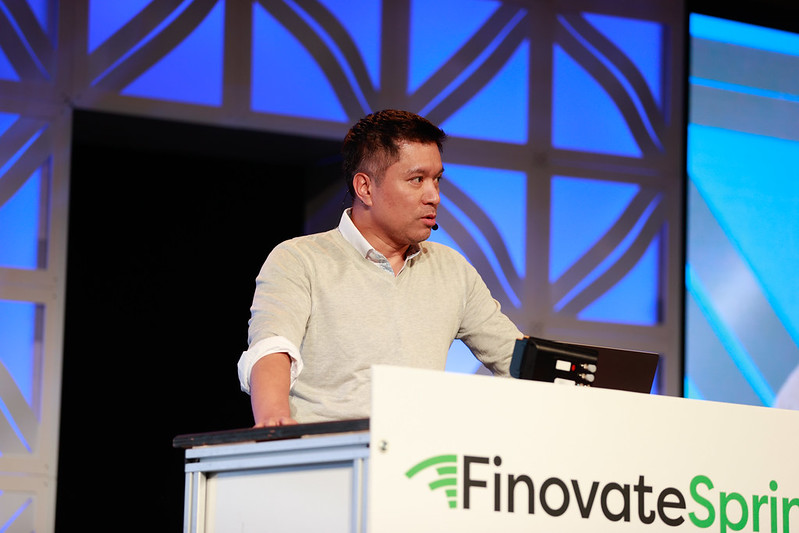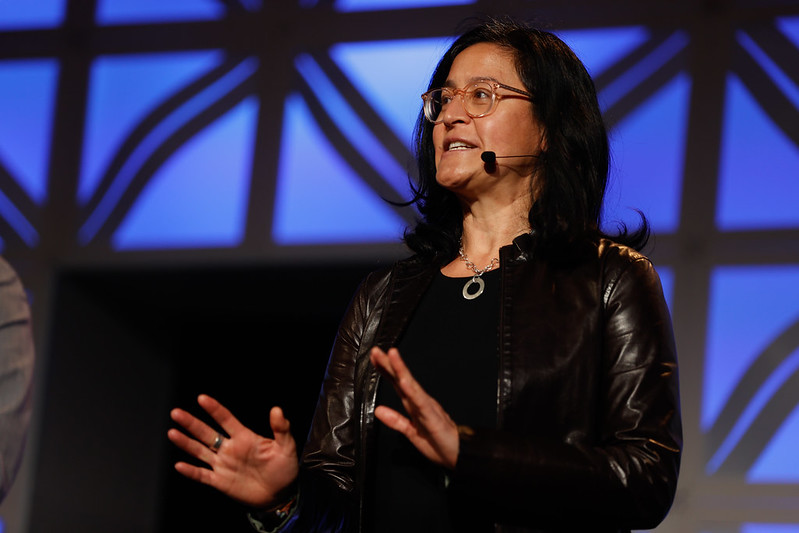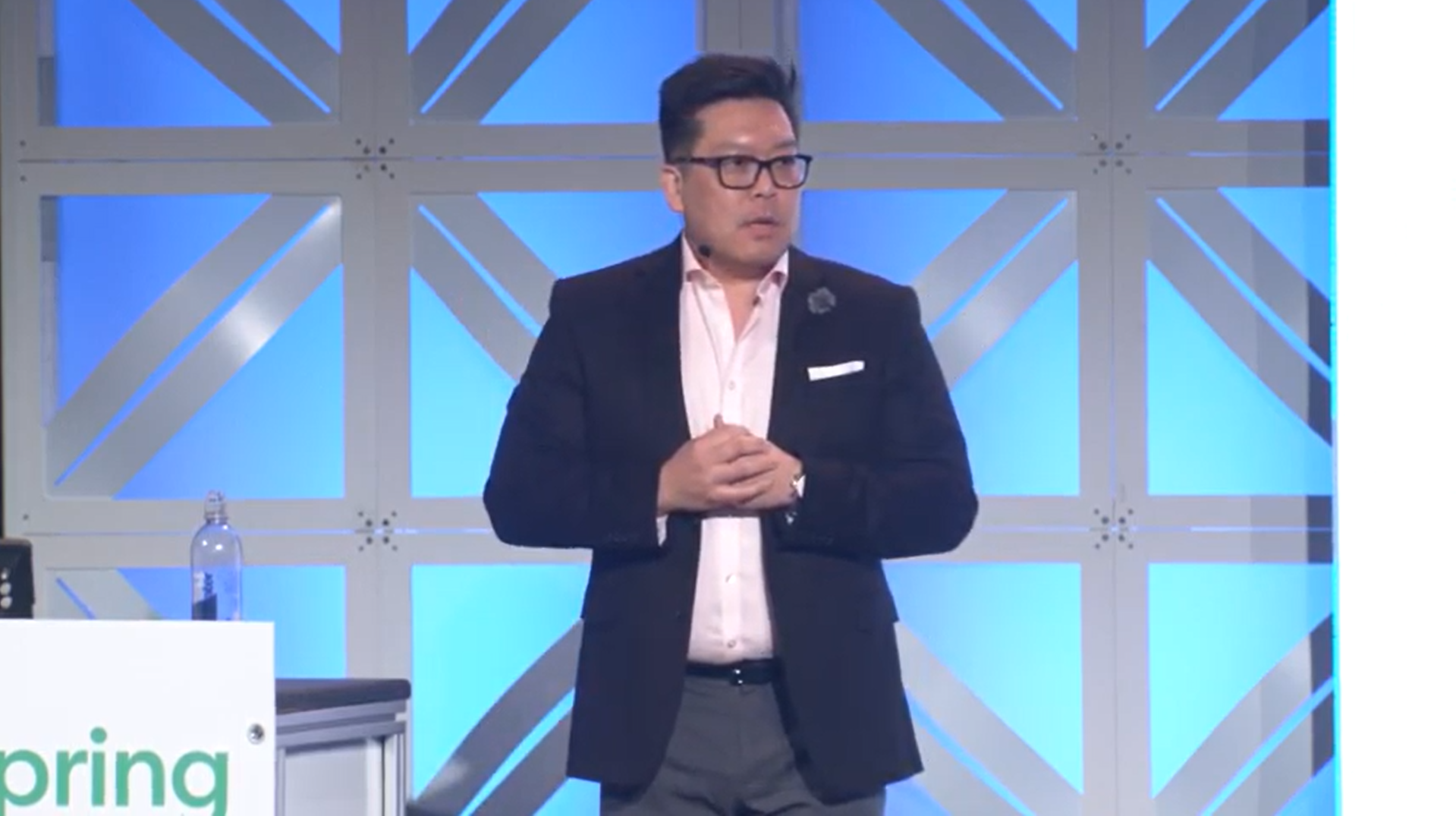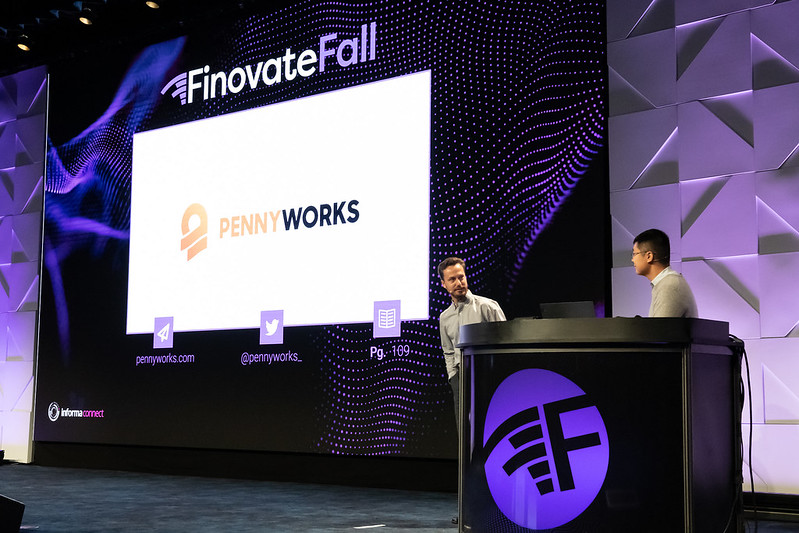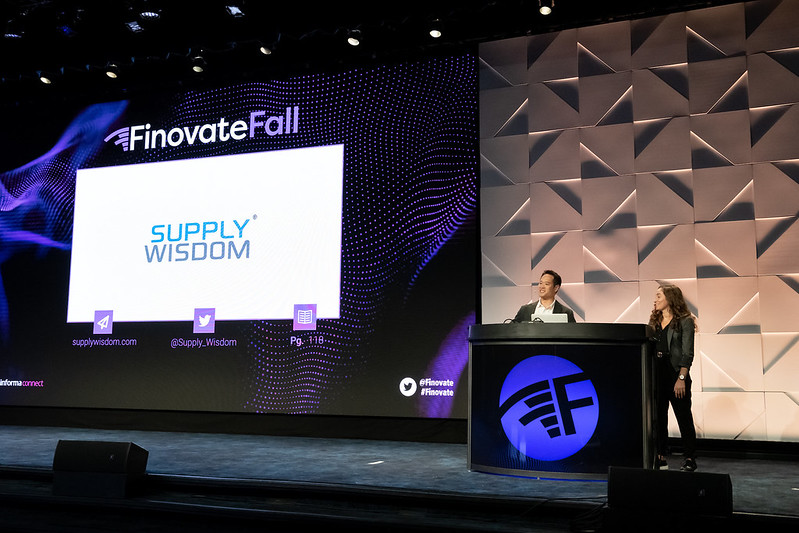
- Banking technology company Nymbus raised $70 million in Series D funding.
- The round was led by Insight Partners. ConnectOne Bank and PeoplesBank also participated.
- Nymbus introduced itself to Finovate audiences at FinDEVrNewYork in 2016. The company most recently demoed its technology at FinovateFall 2019.
Banking technology company NYMBUS has secured $70 million in new funding. The Series D round was led by Insight Partners, and featured participation from ConnectOne Bank and PeoplesBank. The Banc Fund Company and Mendon Venture Partners also participated.
The investment takes the company’s total capital raised to more than $199 million. Valuation information was not immediately available. Nymbus will use the additional capital to support expansion and further development of its core system and product portfolio.
“This latest round of financing positions the company to double down on our mission of bringing new thinking to financial institutions to help them thrive in an ever-evolving market,” Nymbus CEO and Chairman Jeffrey Kendall said. “These strategic investments are a testament to the confidence in Nymbus’ ability to transform the financial services industry by modernizing outdated legacy systems with proven technology and business models that result in growth for our current and future clients.”
Nymbus helps financial institutions successfully undergo digital transformation and offer new digital experiences to their customers. Solutions like Nymbus’ SmartLaunch enable financial institutions to launch a fully-operational digital bank in as few as 90 days. FIs can take advantage of these deployments without having to undergo a major transformation or calling in additional human resources. The company’s SmartCore, SmartDigital, and SmartPayments solutions provide financial institutions with modern core, payments, and digital banking solutions, respectively.
Among these institutions taking advantage of Nymbus’ technology is Arizona-based Vantage West Credit Union. The $2.6 billion financial institution partnered with Nymbus to launch a new niche financial brand in April. The previous month, Michigan State University Federal Credit Union worked with Nymbus to launch a pair of standalone digital brands – AlumniFi and Collegiate. AlumniFi provides financial wellness, debt management, and charitable donation tools to MSU alums. Collegiate brings digital banking services to MSU students, faculty, and staff.
“Nymbus is empowering credit unions to deliver growth models with the people, process, and technology needed to deliver digital financial services that complement their core business,” Nymbus CUSO President John Janclaes said.



